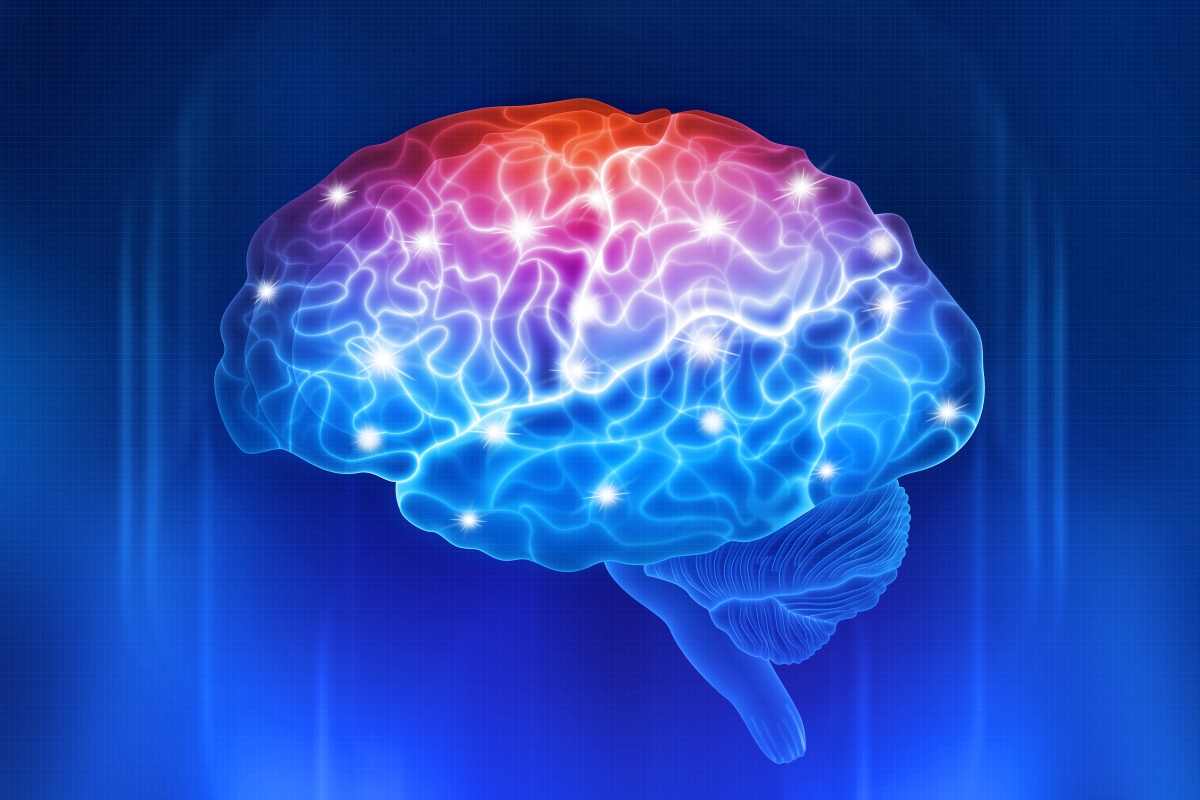A high-fat, refined sugar diet reduces hippocampal brain-derived neurotrophic factor, neuronal plasticity, and learning
Molteni et al. (2002) carried out this study investigating a potential mechanism by which a high fat and sugar (HFS) diet can influence brain structure and function via regulation of neurotrophins. The team of researchers demonstrated that animals that learn a spatial task faster possess more brain-derived neurotrophic factor (BDNF) mRNA and protein in the hippocampus. The results showed reductions in hippocampal BDNF levels and spatial learning performance after 2 months of consuming a HFS diet. Moreover, the downstream effectors for the action of BDNF on synaptic plasticity were reduced proportionally to BDNF levels in the hippocampus of rats maintained on the HFS diet for between 2 and 24 months. This study also marked that the rats maintained on this diet had less synapsin I mRNA and protein (which are important for neurotransmitter release) and lower concentrations of cyclic AMP-response element-binding protein (CREB) mRNA and protein (CREB is also required for various forms of memory and is under regulatory control of BDNF). Thirdly, growth-associated protein 43 mRNA levels, which are important for neurite outgrowth, neurotransmitter release, learning and memory) were lower in the rats kept on the high-fat and high-sugar diet. Molteni et al. (2002) discovered that this HFS diet, typically consumed in most industrialised western societies, can influence aspects of neuronal and behavioral plasticity associated with the function of BDNF. [NPID: brain, HFS, neurotrophins, spatial task, BDNF, brain-derived neurotrophic factor, spatial learning, neurotransmitter release]
Year: 2002
 Navigation
Navigation






